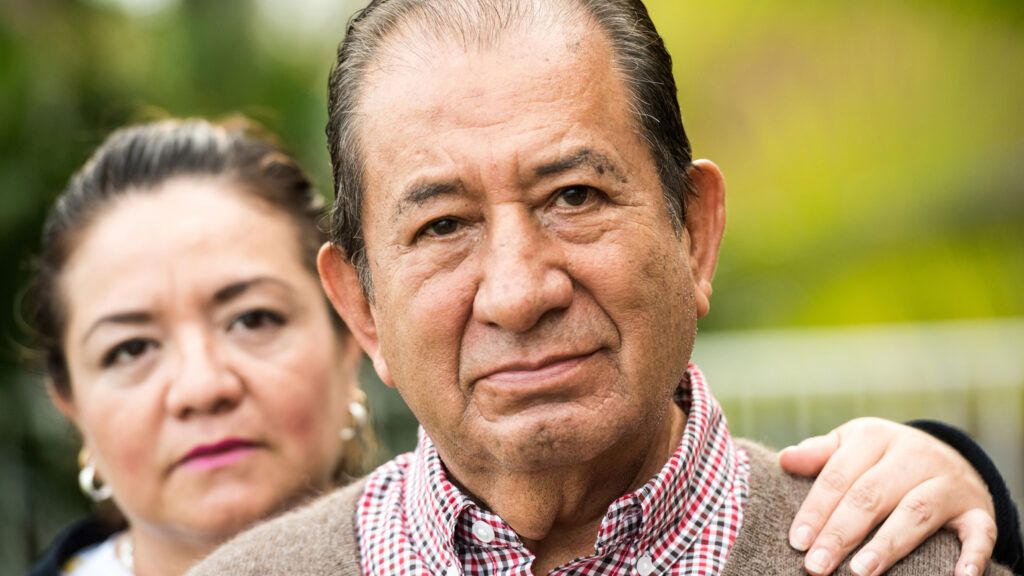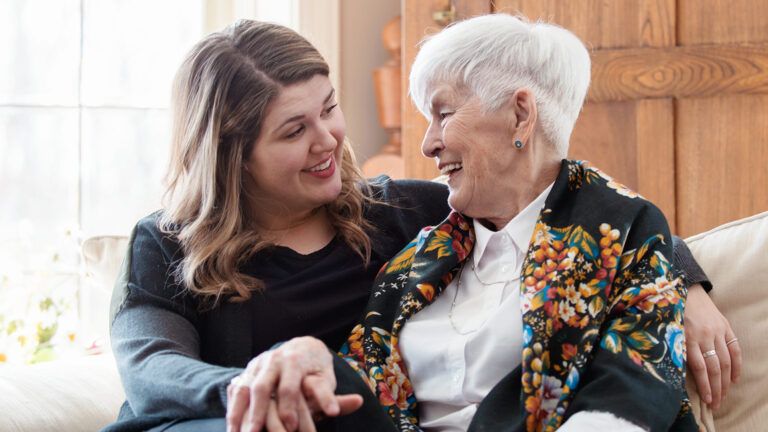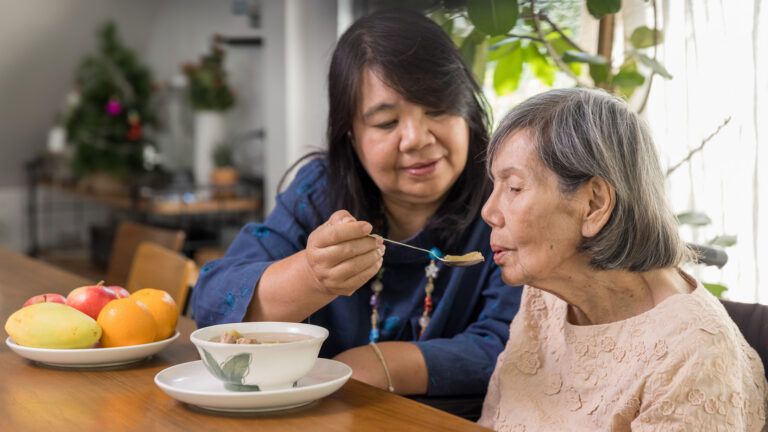Content provided by Home Instead Senior Care.
No one wants to believe that a trusted and loved family member would ever scam you. But that’s what makes it so easy for the scammer. Family fraud is insidious because it not only can cause seniors severe emotional and physical harm, but often destroys families as well, experts say.
And it’s becoming increasingly more common. That’s why it’s so important to know the facts and put safeguards in place.
Here are the signs that could indicate you’re a victim of family fraud:
1. “My daughter said she’ll take care of everything. I don’t need to worry anymore.” Try to stay as involved as you can in your care as well as your finances, if possible. If you don’t wish to handle your finances anymore, write down the sources of income and how they come to you or ask someone to put that on a video for you.
Then ensure that you have your bank statement and cancelled checks sent directly to a trusted third party such as a CPA or another child, not the person handling your finances.
2. “I thought I had enough money to pay my bills, but I seem to be running short every month.” The elderly woman in one of Tiffany Couch’s cases couldn’t understand why her rent checked bounced when she was sure she still had $500,000 in her account.
A son had depleted the account to $695. If you’re running out of money, contact a trusted professional such as a banker or accountant to find out why.
3. “I feel as though my health is being neglected.” If an older adult is being taken advantage of, the biggest impact is often on that person’s health. Financial abuse often goes hand-in-hand with health neglect.
If you’re paying a family member a stipend to care for you, make sure that arrangement is well-documented and others in the family know about it. And make sure that person is helping you maintain your health by arranging for doctor appointments and medications, and ensuring your basic needs are being met.
4. “My son and his family sure have a lot of new things, like a fancy car!” If your caretaker is suddenly showing up with a lot of new things while you’re running short of money, it’s time to take control.
Double-check your account with the help of a trusted family member or friend, if necessary. If you are still concerned, call your financial advisor or contact your local social service or Adult Protective Services agency.
5. “My other children are suspicious that my money is missing.” Sometimes other adult children become distrustful of the family member handling the finances. That suspicion could be warranted. But maybe not. Open communication is the best course of action in families.
The person in charge of finances should share their dealings with other family members. Encourage whoever is handling your finances to share the details, including income and payment information, with a trusted financial professional or another family member.
6. “My children want their inheritance now!” It’s best to have a will along with an inventory of who gets what after you die. Make sure your CPA and your family have a copy. Do not create the expectation that your loved ones will get your money, assets or family heirlooms until after you need them. You should not be pressured into giving things away before you are ready to do so.
7. “Help, I’m being physically abused!” Physical abuse also can accompany financial abuse. If you’re feeling threatened in any way, reach out to a trusted professional or family member, or call your local Adult Protective Services agency.





